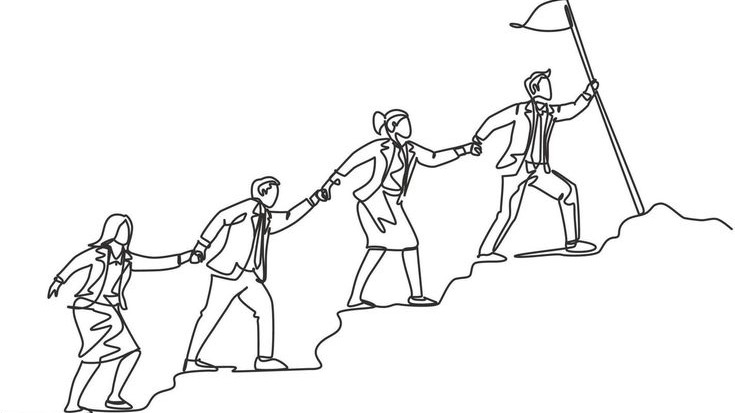
Why Cooperation is the Cornerstone of Effective Leadership
In today's fast-paced corporate environment, the ability to cooperate has emerged as a pivotal skill for leaders at all levels. CEOs, board members, and executives face not only the usual challenges of strategy and performance but also the nuance of managing human interactions amidst chaos and conflict. Cooperation can be seen as the oil that keeps the machinery of teamwork running smoothly, making it crucial for productivity and work satisfaction.
Navigating Obstacles: The Reality of Modern Work
With the rise of remote work and the lingering effects of the pandemic, leaders encounter significant hurdles including busyness and unproductive conflicts. While technology has enabled connectivity, it has also created a distance that can sometimes breed indifference among team members. Overcoming these barriers requires a supportive mindset and a willingness to approach work with a joyful productivity lens. The question remains: "How can one cultivate an environment that fosters cooperation and individual fulfillment?"
Mastery and Cooperation: The Dual Threads of Leadership
In my exploration of effective leadership, I’ve learned that great working lives are built on two essential elements: mastery of skills and the ability to cooperate with others. These threads intertwine to form the fabric of a fulfilling career, where leaders can drive not just productivity but also create a workplace culture that values connectivity and collaborative efforts. By investing time and resources into enhancing both their personal skills and fostering cooperation, leaders can align teams toward achieving shared organizational goals.
Strategic Decision-Making: The Role of Cooperation
Effective strategic decision-making requires more than just data analysis; it demands a cooperative spirit that embraces diverse viewpoints. Board-level planning and C-suite alignment are crucial in shaping corporate governance that resonates throughout an organization. By empowering teams with the capability to collaborate and share insights, leaders can enhance organizational agility and adaptability, which are essential in today’s volatile markets.
A Vision for the Future: Cooperation as a Leadership Model
As we look ahead, the future of leadership will increasingly hinge upon cooperation. Visionary leaders are already recognizing this shift and adapting their leadership models accordingly. They understand that fostering collaboration not only achieves individual and organizational success—but also cultivates a more humane workplace. As leaders commit to creating environments where cooperation flourishes, they actively shape a culture of excellence.
In conclusion, investing in cooperation as a leadership skill is no longer optional but vital for success in an interconnected world. Take the time to reflect on your own leadership journey. How can you nurture cooperation in your workplace? It’s time to ask the tough questions and embrace the essential skills that define effective modern leadership.
 Add Row
Add Row  Add
Add 




Write A Comment